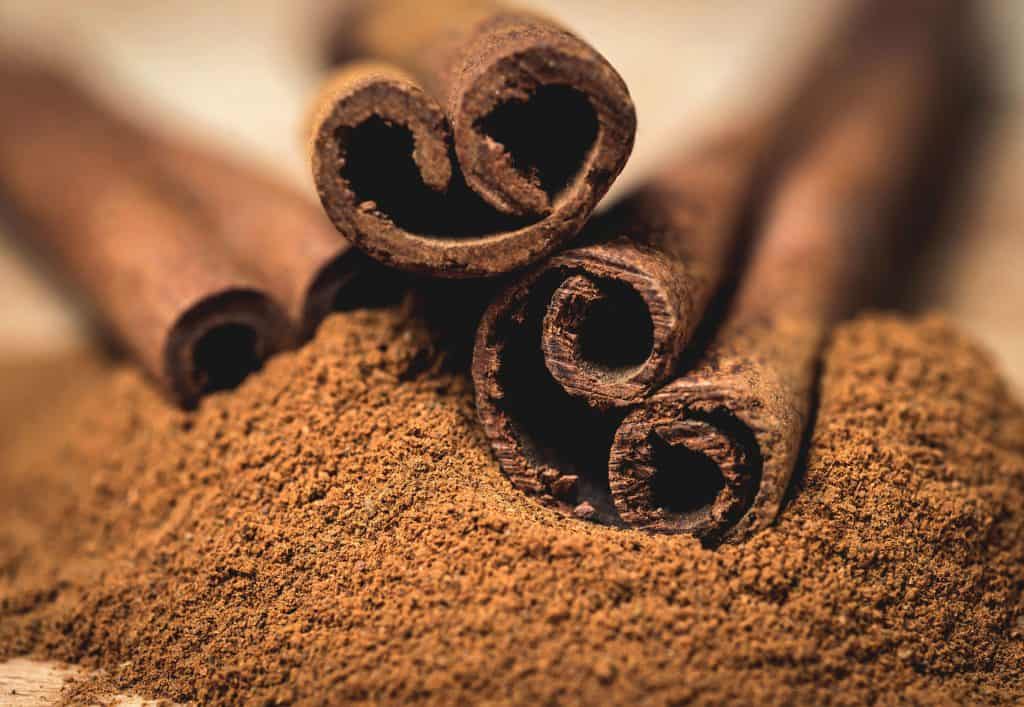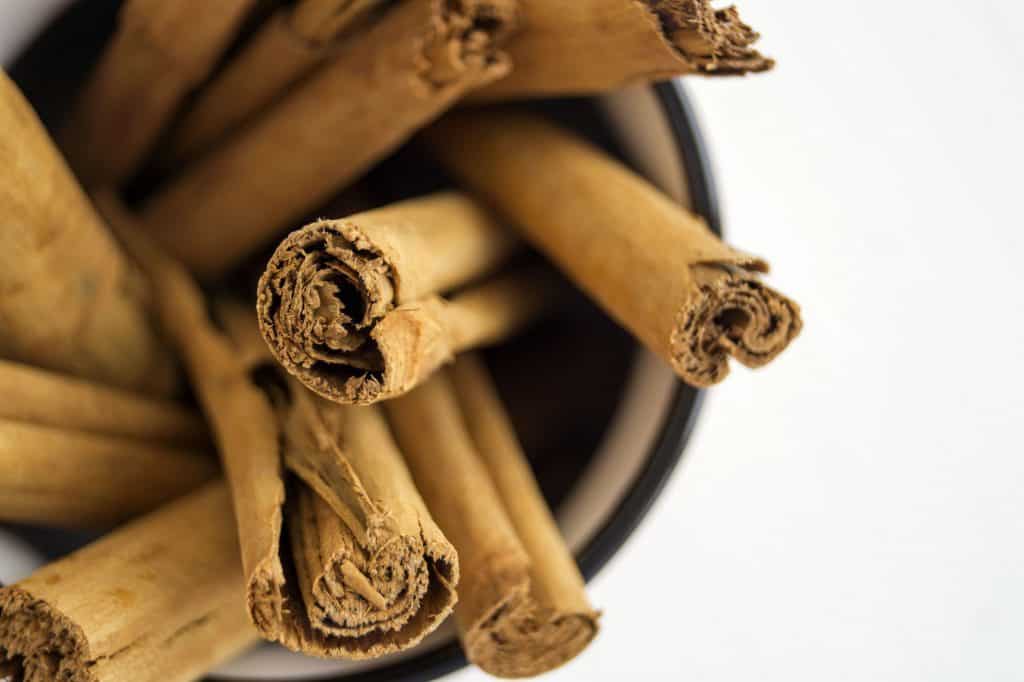How Cinnamon Lowers Blood Sugar – Types, Health Benefits, A Guide
Posted by Prescription Hope - See Editorial Guidelines (Last Updated On: Fri Apr 28 2023)
Those that have been struggling with diabetes are often looking for natural ways to help control their blood sugar levels. Recent studies have suggested that a familiar spice may be beneficial for those with diabetes. It has been suggested that cinnamon lowers blood sugar and acts similarly to insulin.
In this article, we will discuss how cinnamon lowers blood sugar and can help improve your overall diabetes condition. Here is a quick answer to get you started, then we will get into more details.
How Cinnamon Lowers Blood Sugar: Cinnamon is a spice that has been used for thousands of years for medicinal purposes. It is believed that cinnamon can imitate insulin to an extent and improve one’s insulin sensitivity, lowering blood sugar levels. This spice may also be able to limit spikes in blood sugar levels after eating.
Now that you have the basic answer, here are the details that you need to know.
What is Cinnamon

Cinnamon is a very common spice that comes for the bark of Cinnamomum trees and has been used for many, many years. It has been used for both medicinal purposes, as well as for preserving foods.
If you go into the grocery store, you may find many varieties of cinnamon that fall under two types – Ceylon and cassia. Cassia is the most common type, as it is the most affordable and found in many foods. Ceylon can also be called “true cinnamon,” and has a distinct taste and shape plus a lighter color when compared to cassia cinnamon.
How Cinnamon Lowers Blood Sugar
Cinnamon and its effects have been debated over the years, especially among the diabetes community. Despite the controversy, there has been research suggesting that cinnamon lowers blood sugar levels in those with type 2 diabetes.
Those contending with diabetes will often struggle with high blood sugar levels, particularly after meals or snacks. Therefore, improving postprandial glucose is one goal that those with diabetes have. A study done by the International Journal of Food Science observed 41 healthy individuals taking different doses of cinnamon. The results determined that the two groups taking higher doses of cinnamon had improved blood sugar levels after eating. It is believed that it works by impeding with digestive enzymes, limiting the amount of glucose that enters the bloodstream after eating.
There have been other studies done on diabetes patients taking various doses of cinnamon along with their glucose-lowering medications. Overall, the studies concluded that there was minimal improvement in the fasting blood glucose levels of participants.
How exactly cinnamon lowers blood sugar levels is not fully known. Much research is still needed to conclude how effective this spice can be at helping patients manage their diabetes condition. However, based on much of the research done, taking enough cinnamon in combination with your prescription medications can be used as a tool to help you reach your blood sugar goals.
Overall Health Benefits of Cinnamon

Other than cinnamon having a potential effect on blood sugar levels, it is believed that it can help prevent conditions, such as heart disease and obesity, associated with diabetes. This spice has properties that provide individuals with tremendous health benefits.
One major benefit of cinnamon is that it is filled with antioxidants. Antioxidants are crucial for our bodies as they protect us from free radicals, which cause oxidative damage. Free radicals are essentially waste particles that the cells produce as the body responds to one’s environment. This can put one at risk of heart disease, cancer, arthritis, and other diseases. Therefore, antioxidants, such as cinnamon, are extremely important.
Cinnamon has also been shown to have anti-inflammatory properties. Chronic inflammation can cause major problems, including insulin resistance, which is a major cause of type 2 diabetes. So, cinnamon can decrease the amount of inflammation one has, possibly reducing one’s insulin resistance and improving their blood sugar control.
Those with diabetes are at an increased risk of heart disease, but cinnamon may reduce one’s risk of this problem. It has been shown that the spice reduces bad cholesterol and triglycerides, both of which can contribute to heart disease.
Cinnamon may also aid in preventing Alzheimer’s and Parkinson’s. Alzheimer’s has been associated with the buildup of tau proteins in the brain. The spice is believed to prevent the accumulation of these proteins. It can also protect neurons that promote motor function, improving one’s Parkinson’s disease.
Other benefits may include helping prevent cancer and treating fungal infections, but in-depth research is still needed.
Type and Dose of Cinnamon to Take
If you are looking to use cinnamon to lower blood sugar, then you may want to look at taking supplement capsules. This would be the easiest way to add the right amount of cinnamon to your daily routine.
Ceylon is the recommended type of cinnamon for providing you with the most benefits. Ceylon is more expensive but has more antioxidants and less coumarin when compared to Cassia cinnamon. Too much coumarin can be potentially harmful to the liver. So, if you are looking to get the most health benefits out of cinnamon, look for Ceylon cinnamon.
Based on research, taking 1, 3, or 6 grams of cinnamon each day can provide health benefits. If you are taking Ceylon cinnamon, then 3 or 6 grams may have the most glucose-lowering effect.
It is important to note here that if you are diligently taking cinnamon supplements along with your diabetes medications, then you may be at risk of hypoglycemia. Low blood sugar can be dangerous and life-threatening. Your risk of this will also depend on your day to day routines, habits, and diet.
Conclusion
Using cinnamon to lower blood sugar is not meant to be a total treatment or to replace any of your prescribed medications. However, it may prove to be helpful in getting your condition under control. Consult your doctor for any specific questions regarding your condition or your treatment plan.
If you are struggling to afford your prescription drugs, then Prescription Hope may be able to help. We work directly with pharmaceutical companies to provide you with the medicine you need at a set, affordable cost. Enroll with us and start paying just $60.00 a month through Prescription Hope’s medication access service for each medication.

